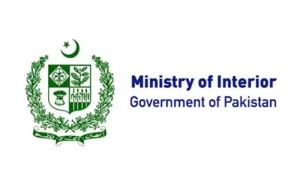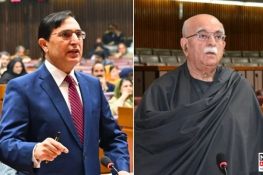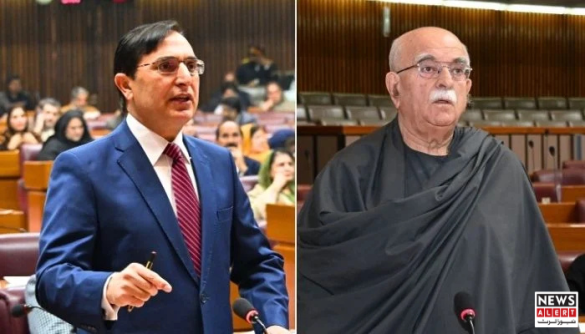Pakistan’s Ministry of Interior has issued a sweeping directive restricting all government officials from engaging directly with foreign nationals, diplomats, or representatives of international organizations without prior approval. The measure, described as a precautionary step, aims to safeguard sensitive information and national interests.
Strict Restrictions on Foreign Interactions
Under the new policy, no government officer is permitted to communicate with any foreign individual—whether a private citizen, a diplomat, or a member of an international body—without obtaining explicit clearance from the Interior Secretary. The directive makes clear that this applies to officials across all subordinate government departments, leaving no agency exempt.
Officials are also prohibited from accepting invitations to visit foreign countries, whether in an official or private capacity, unless the trip has received formal approval from the Interior Ministry. The order stresses that prior authorization is mandatory for all meetings with foreigners or representatives of foreign missions and international organizations.
Implementation and Compliance
The Ministry’s notification instructs all relevant officials to strictly enforce the policy. Departments are expected to ensure full compliance to prevent unauthorized contact that could jeopardize national security. The directive emphasizes that adherence is not optional, signaling a robust approach to managing sensitive governmental interactions.
A senior government official, speaking on condition of anonymity, highlighted that the measure is intended to “protect state interests and maintain operational security,” noting that the decision reflects growing concerns about regional security and diplomatic sensitivities.
Context: Security and Diplomatic Considerations
While the Interior Ministry did not cite specific incidents prompting the directive, analysts suggest it may be linked to evolving security dynamics in the region, including tensions along Pakistan’s borders and heightened global scrutiny of South Asia. Restricting unsanctioned contacts with foreigners is a precautionary step aimed at minimizing risks associated with espionage, leaks of sensitive information, or unintended diplomatic conflicts.
Such measures are not unprecedented. Similar restrictions have been observed in other countries facing regional tensions or internal security challenges. For example, several governments in the Middle East and Asia maintain strict protocols governing officials’ interactions with foreign nationals, particularly regarding sensitive sectors such as defense, intelligence, and foreign affairs.
Potential Implications
Experts say the directive could have broad implications for Pakistan’s bureaucratic and diplomatic environment. On one hand, it aims to tighten internal controls and protect classified information. On the other hand, it may slow down routine diplomatic engagement and collaborative initiatives with international organizations.
Some analysts also warn that excessive restrictions could complicate Pakistan’s ability to participate in international forums or negotiations effectively. Government officers involved in trade, foreign aid, or multinational projects may face bureaucratic delays due to mandatory clearance requirements.
Moving Forward
The Interior Ministry has urged all departments to circulate the directive internally and ensure that staff are fully briefed on compliance requirements. Officials are advised to document requests for foreign interactions carefully and to seek approval well in advance of any proposed meetings or trips.
Overall, the policy signals a tightened approach to foreign contacts within Pakistan’s government machinery, reflecting a growing emphasis on national security and information control. It remains to be seen how this will affect Pakistan’s diplomatic engagement, both regionally and internationally, in the months ahead.















